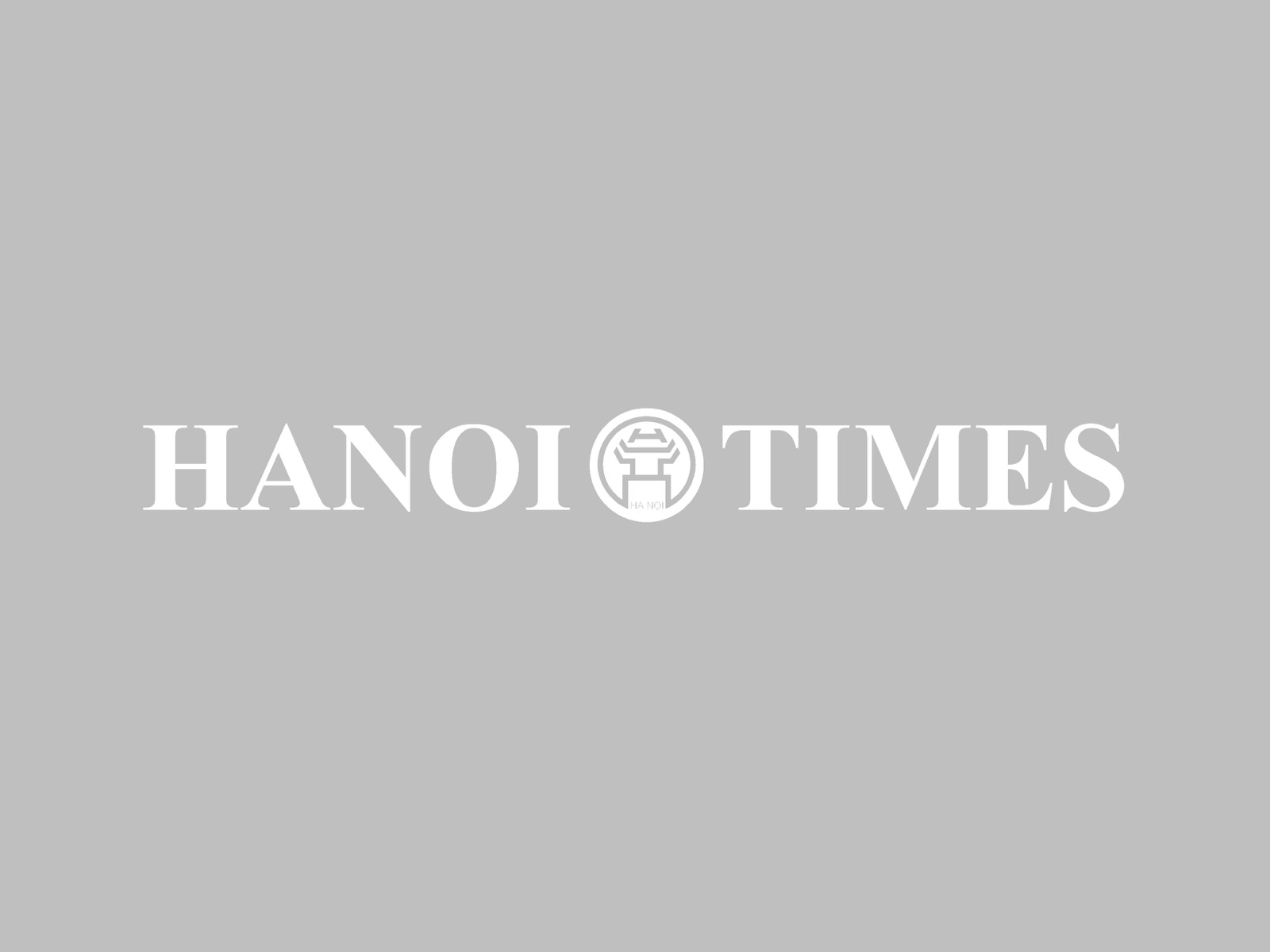Theo đó, thực hiện chỉ đạo của Phó Thủ tướng Lê Văn Thành, Văn phòng Chính phủ chuyển công văn đến Bộ Xây dựng để nghiên cứu, trao đổi cụ thể với Tập đoàn Apec về phát triển nhà ở xã hội. Trước đó, APEC Group đã có văn bản số 136/2021/CV-APG gửi Thủ tướng Chính phủ về việc thực hiện 6 – 10 triệu căn hộ cho các đối tượng an sinh xã hội giai đoạn 2021 - 2030.
Theo đại diện Tập đoàn APEC, cần lập quy hoạch các đại đô thị nhà ở xã hội có quy mô lớn. Cụ thể, TP Hồ Chí Minh, TP Hà Nội, mỗi địa phương cần tạo quỹ đất 3.000 - 5.000 ha để làm nhà ở xã hội diện tích từ 50 - 300ha/khu đô thị. Những tỉnh thành khác cần tạo quỹ đất khoảng 10.000 - 20.000 ha.
“Mục tiêu của APEC Group sẽ đầu tư và phát triển từ 6 - 10 triệu "căn hộ nhà ở xã hội 5 sao" trong giai đoạn 2021 - 2030; trong đó, từ 2021 - 2025 hoàn thành 2 - 4 triệu căn hộ, từ 2026 - 2030 hoàn thành 4 - 6 triệu căn hộ. Với mong muốn là đơn vị tiên phong đầu tư các khu nhà ở xã hội thành những khu đô thị 5 sao hoặc tốt hơn nữa là khu đô thị nhà ở an sinh xã hội 5 sao với quy mô lớn, đáp ứng 5 tiêu chí gồm: Chất lượng cao, thẩm mỹ đẹp, sinh thái, thông minh, tiện ích đầy đủ” – đại diện
APEC Group thông tin.Về giá bán, sẽ tập trung vào dòng sản phẩm căn hộ diện tích từ 25 - 70 m2/căn, ở Hà Nội và TP Hồ Chí Minh khoảng 13 - 16 triệu đồng/m2, các thành phố còn lại khoảng 9 - 14 triệu đồng/m2. Với chính sách ưu đãi thanh toán linh hoạt, người dân chỉ cần 30% giá trị căn hộ để sở hữu căn hộ, 70% giá trị còn lại được hỗ trợ vay vốn ngân hàng hoặc tổ chức tài chính với thời hạn 10 - 20 năm.
Nhằm thực hiện mục tiêu trên, APEC Group hiện đang làm việc với một số tỉnh, thành phố, như: Cần Thơ, Thái Nguyên, Hà Nội, Hải Phòng... do đó doanh nghiệp này mong muốn Thủ tướng Chính phủ có ý kiến với các địa phương trên để dự án sớm được triển khai.
Chính phủ và chính quyền địa phương nghiên cứu chính sách hỗ trợ giải phóng mặt bằng bằng nguồn tài chính ứng trước của nhà đầu tư, hoàn lại tiền bằng hình thức đối trừ thuế thu nhập doanh nghiệp, VAT, thuế Thu nhập cá nhân…
Trong Chương trình mục tiêu Quốc gia về nhà ở đến năm 2020, phấn đấu thực hiện đầu tư xây dựng tối thiểu 12,5 triệu m2 nhà ở xã hội tại khu vực đô thị. Tuy nhiên, số liệu tổng hợp từ Bộ Xây dựng, sau gần 10 năm thực hiện, cả nước mới hoàn thành hơn 5,4 triệu m2, chỉ đạt 43% so với mục tiêu đề ra.
Bên cạnh đó, theo đánh giá, các dự án nhà ở xã hội chưa có quy hoạch mang tính tổng thể, thiếu hạ tầng kết nối. Cư dân mua nhà ở xã hội khó tiếp cận các dịch vụ tiện ích của khu đô thị, hơn nữa các chủ đầu tư dự án nhà ở thương mại thường chọn phương án nộp ngân sách để không phải trích 20% quỹ đất dự án ra làm nhà ở xã hội, hệ quả làm cho quỹ nhà ở xã hội ngày càng thiếu hụt. Do vậy, nếu đề xuất của APEC Group sớm được phê duyệt sẽ góp phần giải quyết lượng lớn nhu cầu về nhà ở cho nhóm người thu nhập thấp – trung bình.

